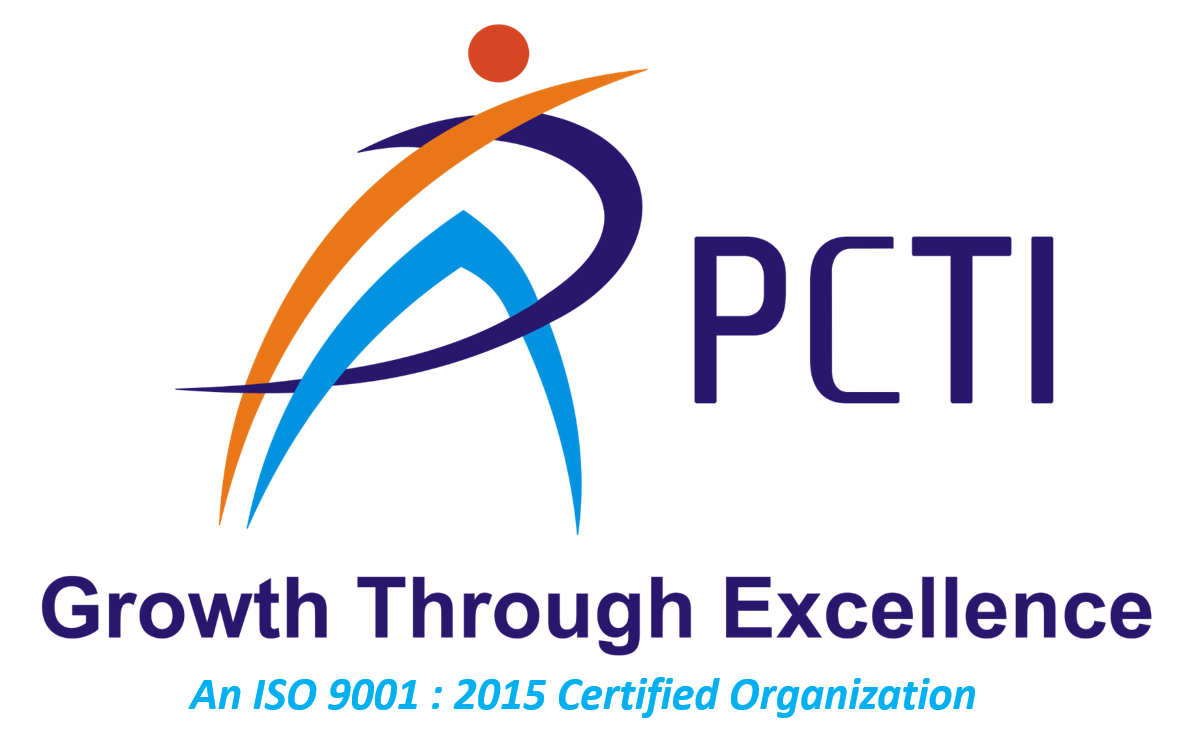Team management
Every business or organization requires Team Management in order to get things done. Team management refers to the organizing and coordinating of a group of individuals who have a shared objective in completing a task or project. It also involves mitigating risks, problem-solving, and conflict resolution. So, you can imagine that without it, things can go awry.
The importance of effective team management comes as no surprise to anyone whose job it is to manage a team. Not only is it crucial for employee engagement, but it can also improve productivity, which ultimately contributes towards business growth and economic benefits.
Team management requires you to bind your team together so that collective goals can be achieved efficiently, and in most cases, more enjoyably. It requires a combination of getting to know the individuals in your team and managing the different personalities and skill sets, and figuring out the best ways targets can be achieved, while keeping in mind the company’s objectives.
This article looks at some of the key things that team managers need to do if their team is to thrive and succeed. These range from choosing the right people and deciding who does what, to communicating with, developing and motivating people. It also covers some of the most common pitfalls to be avoided.
THE IMPORTANCE OF TEAM MANAGEMENT FOR AN ORGANIZATION
- EFFECTIVE TEAM BUILDING
- PRODUCTIVITY BOOSTER
- PROMOTES LEARNING
- EMPLOYEE SATISFACTION
- INCREASED PERFORMANCE
One of the benefits of team management is that it promotes teamwork building in the workplace. Having the right person, doing the right job according to their personality traits and educational background is important for the whole team. When employees complement each other it is easier to avoid gaps in team members’ skill sets and communication.
By fully utilizing the unique abilities of individual employees, the team manager is able to easily delegate projects to team members for maximum efficiency. Which leads to timely project completion and customer satisfaction?
The importance of team management also shows by the increase in employee performance and organizational productivity. It is obvious that one brain cannot bring out the same results a strong team can. Both in terms of time and quality!
When each employee has clear responsibilities and deliverables, they are able to better focus on their tasks. This is especially true when those responsibilities are closely related to their specialization and level of interest. Working in teams is a creative way of taking advantage of the member’s best qualities to the maximum.
Moreover, effective teamwork allows the members to cooperate with each other when they need help. So, even if individuals fall behind with deadlines, the rest of the team steps in to save the day. One of the key components of successful projects is team management, after all!
Among the benefits of teamwork for an organization is the opportunity for everyone to learn and explore new perspectives. For example, new employees will surely gain knowledge from more experienced workers in the long run. Moreover, when different people with various talents cooperate with each other, they get to exchange skills that they didn’t have beforehand.
Teamwork, unlike working alone on a project, allows the members to also discuss new ideas and challenge the old ones. This process, in turn, leads to coming up with solutions that are more efficient for a project’s smooth completion.
One equally significant point towards understanding the importance of team management is increased employee satisfaction. When individuals come together to form a strong team, they also learn to rely on each other and thus, bond.This bonding creates a positive ambiance in the workplace, which is essential for their productivity as well as their psychological well-being.
Good team management aims also at reducing unnecessary conflicts among team members. Improved employee relations are an actually pleasant “side effect” of a well-established sense of trust between them. It’s simple: Teamwork makes employees happier!
Inevitably, we reach the conclusion that teamwork is a key driver for increased performance. An organization has to meet targets on time and without teamwork, this is extremely difficult to achieve. Individuals alone cannot easily make decisions single-handedly or carry out tasks. It might seem counter-intuitive, but individuals do thrive through a team.
Employees who work in a team have higher fulfillment and performance levels. So when each individual performs optimally, so does the organization as a whole!
At last, among the benefits of teamwork in an organization lies competition. Of course, not the negative kind of competition that tears teams apart. But rather the healthy level of competition which pushes team members to become better and better over time!
THE BENEFITS OF TEAM MANAGEMENT IN AN ORGANIZATION ARE IMMEASURABLE!
Introducing a good Team Management strategy to your business will immensely help everyone involved perform better, gain knowledge and deliver quality results!
TIPS TO AVOID
-
Thinking that you can rely on your existing job knowledge and technical skills to succeed as a manager. It is essential that you take the time to develop good management and people skills as well – these can be more important than your technical skills!
-
Failing to consult regularly with your boss, in a misguided attempt to show that you can cope on your own.
-
Approaching your boss without having thought a problem through, and without having considered how the problem could be solved.
-
Embarrassing your boss, or letting her get a nasty surprise. Follow the "no surprises" rule.
-
Doing anything that requires your boss to defend you to others. This can cause your boss to "lose face" with his peers and superiors, and it makes it look as if his team is out of control.
-
Failing to talk to your customers (whether internal or external) about what they want from yourself and your team.
-
Using your authority inappropriately – make sure that everything you ask people to do is in the interests of the organization.
Many of these points sound obvious; however, it's incredibly easy to make these mistakes in the rush of everyday managerial life.
KEY POINTS
When you move from being a worker to a line manager, you need to develop a new set of skills, and make use of new tools and techniques. These will help you with the key management activities of organizing, motivating, developing and communicating with your team. Above all, learn how to delegate effectively. However, also learn how to motivate people, develop team members, communicate effectively with people inside and outside your team, and manage discipline effectively. And make sure that you avoid the mistakes that many new managers make!

